Honduras: Parents skip meals so their children can eat
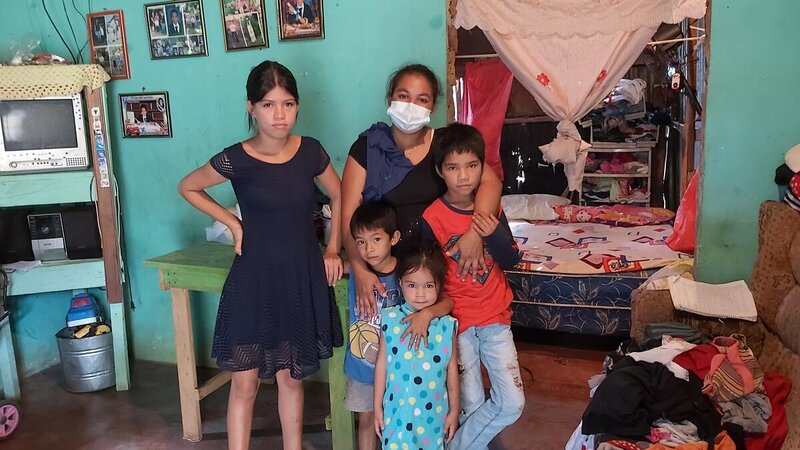
“Before the pandemic, we had jobs, but then everything closed,” says Marlene. “We couldn’t go out to work and bring food for our children.”
Her family are among 350,000 people in Honduras receiving critical food assistance from the World Food Programme (WFP) in the wake of the COVID-19 pandemic.
But in the absence of jobs, that is not enough to keep them in the country.
Honduras: ‘It’s more than putting food on the table for LGBT+ people — it’s inclusion’
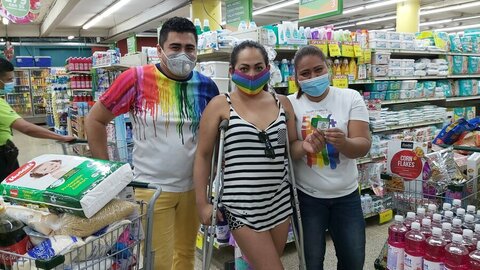
She used to sell pastelitos — empty wheat flour pastries — and take care of the children, while her husband worked as a bricklayer, earning around US$10 a day.
Then came lockdown. Her husband, Bayron, had no choice but to stay home — there were no job opportunities in their hometown of Quimistán, in the Honduran department of Santa Bárbara.
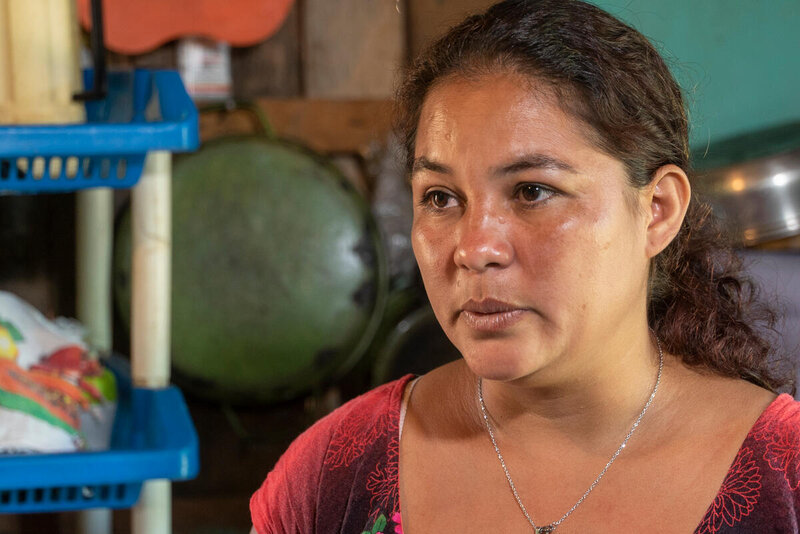
Eventually, he managed to get work as a gardener and handyman for a local homeowner whose house was destroyed by the combined effect of hurricanes Eta and Iota which struck in October and November.
“Often we don't have anything to eat,” says Marlene. “I can only feed roots and herbs to my children, like nightshade or mustard, that my neighbour gives me. When I can, I mix them with eggs but when there aren't any, I just roast or boil them.”
Tears well up in her eyes. “If the food is only enough for the children, my husband and I will have to go hungry. The children come first.”
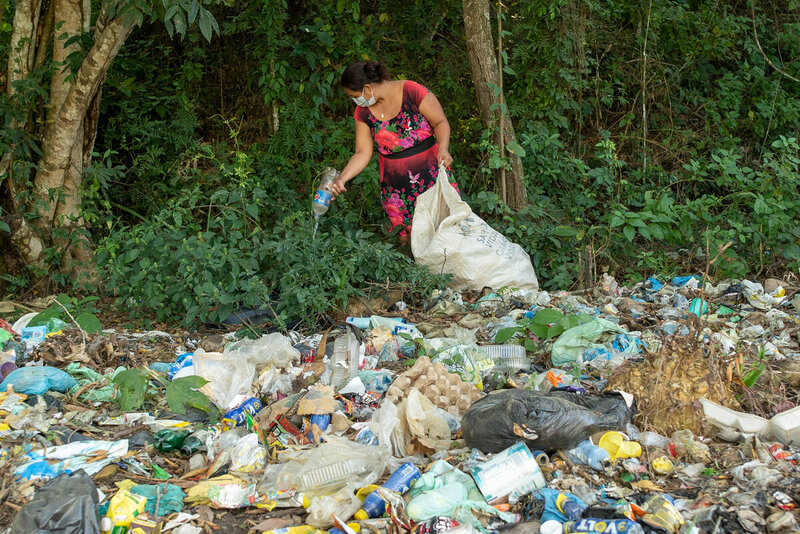
Marlene’s testimony confirms new data from a recent Integrated Food Security Phase Classification (IPC) analysis, which states 30 to 40 percent of adults in the various departments of Honduras are coping with the current crisis by forgoing meals so their children can eat.
The size of meals and mealtimes is being reduced too, with people eating cheaper and less nutritious foods. Some families have even found it necessary to sell their livestock, such as pigs and chickens. This has a direct impact on their livelihoods. When Marlene’s youngest daughter, Genesis, became ill and they had no money to buy medicine, the family began collecting scrap metal, cans and plastic bottles. After walking around their neighbourhood for hours, they manage to collect around 2kg of scrap metal; for half a kilo they get paid 2 lempiras, 8 U$D cents.
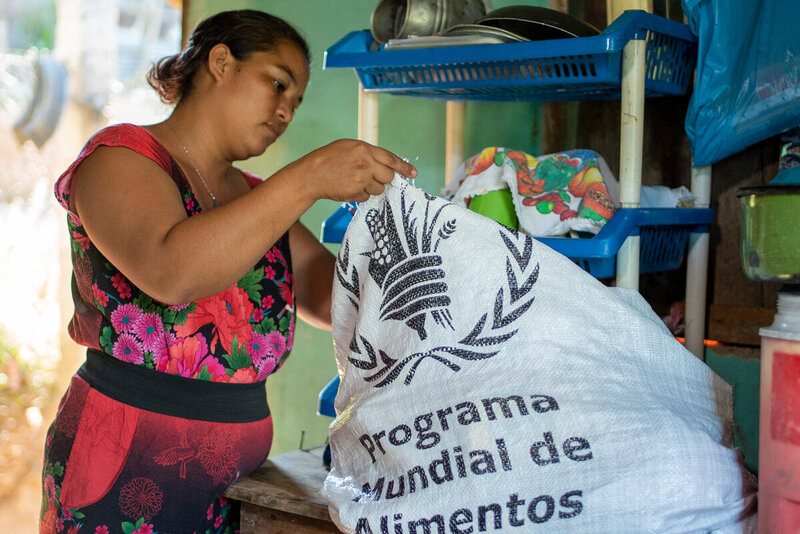
With that payment, Marlene buys a half a kilo of corn flour and salt to make tortillas for her children, or a bag of coffee and sugar. “I give them a little coffee and then I put them to sleep because I have nothing else to give them,” she says, adding “it is very difficult to see your children hungry and not have anything to give them.”
Thanks to the support of donor countries, WFP has been able to provide food assistance to people affected by the pandemic and extreme weather. Food assistance here takes the form of food vouchers, cash grants and rations to single mothers, children, older people, the LGBT+ community and people with disabilities who are severely food-insecure.
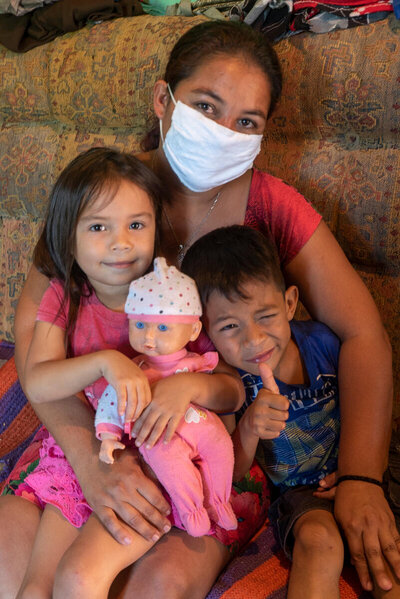
Marlene is one of 70,000 families that are being supported for three consecutive months with around 60kg of nutritionally balanced food for five people.
“God never forsakes one, today I received this sack of food — without it, I’d have a little bit of beans, cooked pacaya [a kind of palm] and a tortilla to give them,” says Marlene, as her children Cinthia, José, Jordin and Genesis store the food in the pantry. “If I had not received this food, I would have cooked and fed them herbs tomorrow.”
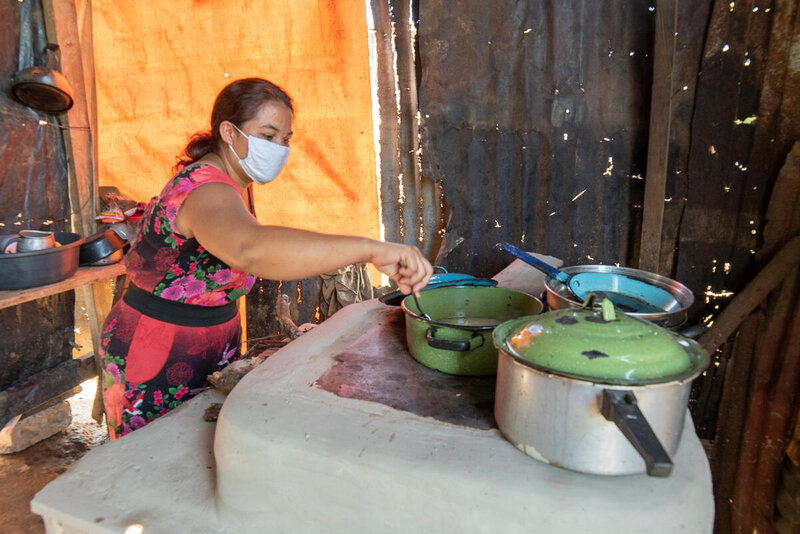
In spite of this relief, Marlene worries that she and her husband still cannot find work. “This month my husband has only worked three days [he has earned US$ 30 in total],” she says. “My dream is that my children study so that they can have a better life. But now they are going to school and I don’t have a penny to buy them supplies such as shoes.”
It was this perilous situation forced them to migrate. Marlene, her husband and their four children joined the migrant caravan that left for the United States in mid-January.
“The caravan was our only option”, says Marlene. “We saw it as an opportunity.”
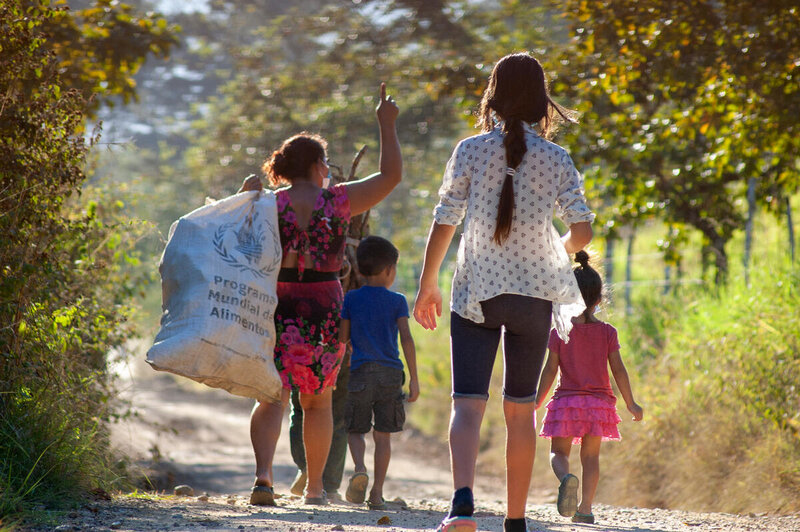
An estimated 6,000 to 9,000 people entered Guatemala on 16 January in this caravan, according to the Honduran National Migration Forum, the Office for the Coordination of Humanitarian Affairs and the International Organization for Migration.
At the town of Chiquimula, however, Marlene and her family were turned back.
“I was very afraid, and everything got complicated,” she says. “We had to go back and here we are again.”
There would be no need to migrate if they had a job to put food on their children's table every day and give them what they need, she adds.
The migrant caravan did not achieve its goal but would she try to leave again? “Yes,” she says.
Learn more about WFP's work in Honduras
